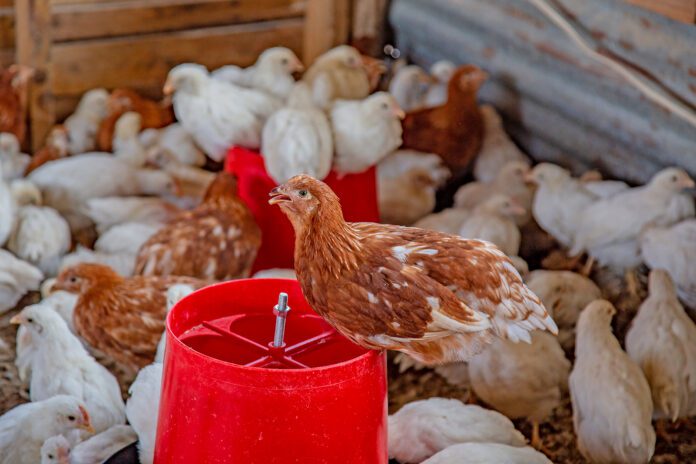Economists have warned that elevated fuel prices and the avian flu outbreak which has affected the supply of eggs will see inflation race towards the 6% mark, closing the door on hopes that the South African Reserve Bank will start cutting interest rates in the near term.
The Reserve Bank likes to see inflation anchored around the 4.5% mark.
But the September inflation number came in at 5.4% up from 4.8% that was reported in August.
Economists from FNB say they expect inflation to race to 5.6% in October, further eating into the disposable income of the already under-pressure consumer.
Koketso Mano, FNB’s senior economist, said headline inflation will average around 6% this year, before falling towards the Reserve Bank’s target in 2026.
”Headline inflation will experience further upward monthly pressure from fuel prices following the over R1 per litre lift in petrol and near R2 per litre lift in diesel prices. Furthermore, the avian flu outbreak that has primarily affected the supply of eggs and will likely spill over to chicken should keep food inflation elevated,” Mano said.
“Unfortunately, an undervalued rand should continue to be a source of upward pressure to broader imported inflation. While headline disinflation should be volatile given these supply-side forces, the pass-through to core inflation should be limited by mounting consumer stress.”
Interest rates at a 14-year high
Interest rates are currently at a 14-year high. The latest results by the country’s biggest banks show consumers are under extreme pressure to keep up with the high cost of living and credit repayments.
The results show that bad debts are concentrated in home loan repayments and loan payments with many consumers living hand to mouth.
The latest data from analytics and consumer credit reporting company Experian shows that credit active South Africans have debt of R2-trillion.
Experian, in its consumer default index, said there are 29.2-million active accounts across credit cards, personal loans, vehicle loans, home loans and retail loans.
The Lesetja Kganyago-led central bank in its financial stability review released at the end of May said, “household finances remain under severe pressure due to rising interest rates…weak real income growth and high inflation”.
The central bank said that given the dire economic situation, households are tapping into their savings buffers, “further weakening the sector’s ability to withstand future shocks”.
The high cost of living, combined with elevated interest rates has seen consumers turn to cashing out their emergency savings and unit trust investments for financial relief, according to the Association for Savings and Investment South Africa.
London-based economics think-tank Capital Economics said in its latest research note that interest rates are likely to remain at current levels for longer than expected following the September inflation data.
“The fresh increase in inflationary pressures highlighted in the September consumer price index figures means monetary policy will not ease quickly. Tight monetary policy and South Africa’s long standing structural issues mean even if growth does pick up in 2024 it will be modest at best,” David Omojomolo, Africa Economist at Capital Economics said.



